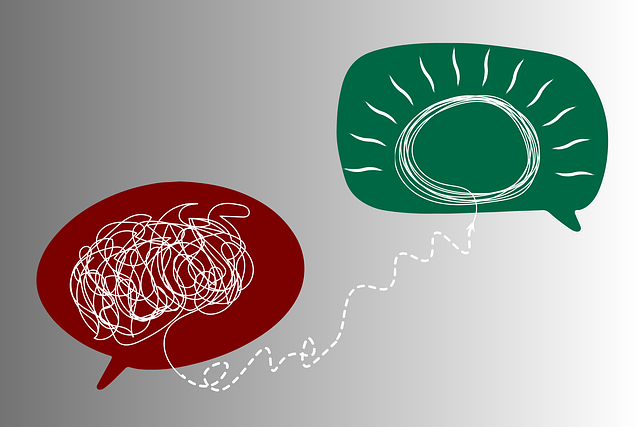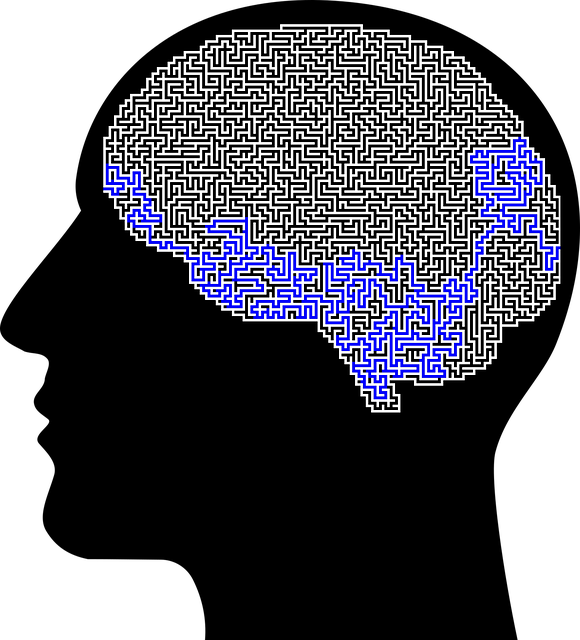Louisville's diverse population faces unique mental health challenges, with a growing concern over Attention Deficit Disorder (ADD) and Attention-Deficit/Hyperactivity Disorder (ADHD) in youth. Early intervention is key, emphasizing comprehensive Louisville ADD-ADHD evaluations and therapy services. The city's 9% prevalence rate highlights the need for tailored support, focusing on academic, social, and communication impacts. Effective strategies include advanced evaluations, cognitive behavioral therapy, community collaboration, and accessible resources, fostering a healthier Louisville by empowering residents to manage life's challenges.
Louisville, a vibrant city, faces unique challenges in mental health education, particularly with ADD/ADHD prevalence. This article delves into designing an effective program to address these needs. We explore a local perspective, analyzing community impact and identifying resource gaps. The core elements of the program structure include learning objectives tailored for diverse groups, interactive modules, and evidence-based ADHD management strategies. Implementation success hinges on rollout strategies, evaluation using KPIs, and data-driven adjustments based on participant feedback. By integrating these components, Louisville can enhance mental health support, offering hope and therapy to those struggling with ADD/ADHD evaluations.
- Understanding Mental Health Needs in Louisville: A Local Perspective
- – Analyzing the prevalence and impact of ADD/ADHD in the Louisville community
- – Identifying gaps in current resources and support systems
Understanding Mental Health Needs in Louisville: A Local Perspective

Louisville, a vibrant city with a rich cultural tapestry, presents unique challenges when it comes to mental health awareness and support. The diverse population encompasses individuals from various backgrounds, each carrying their own set of experiences that can impact emotional well-being. In this local context, understanding the prevalent mental health needs is paramount in designing effective programs.
One significant concern within Louisville is the rising recognition of Attention Deficit Disorder (ADD) and Attention-Deficit/Hyperactivity Disorder (ADHD), particularly among youth. Access to comprehensive evaluations and therapy services has become crucial for early intervention and support. Additionally, crisis intervention guidance tailored to the local community can significantly aid in managing mental health emergencies. Emphasizing emotional regulation strategies and burnout prevention techniques will further empower residents to navigate life’s challenges more effectively, fostering a healthier Louisville.
– Analyzing the prevalence and impact of ADD/ADHD in the Louisville community

In Louisville, the prevalence of Attention Deficit Disorder (ADD) and Attention Deficit Hyperactivity Disorder (ADHD) has garnered significant attention from mental health professionals and advocates alike. Studies indicate that approximately 9% of children aged 2-17 in the community are diagnosed with ADD/ADHD, a figure that underscores the urgency for comprehensive mental health education and support systems. The impact of these disorders extends beyond academic challenges, affecting social interactions, communication skills, and overall well-being of affected individuals. Louisville’s diverse population necessitates tailored interventions, focusing on early identification through thorough evaluations, followed by evidence-based therapy and targeted support.
Louisville’s mental health landscape is enriched by the availability of specialized services, including advanced ADD/ADHD evaluations, cognitive behavioral therapy, and social skills training. Additionally, communication strategies and risk management planning for mental health professionals play a pivotal role in ensuring effective care. These initiatives aim to foster inclusive environments where individuals with ADD/ADHD can thrive, emphasizing the importance of community involvement and collaborative efforts between healthcare providers, educators, and caregivers.
– Identifying gaps in current resources and support systems

In designing effective mental health education programs, it’s crucial to first identify gaps in existing resources and support systems. Many communities, including Louisville, struggle with limited access to specialized services such as ADD-ADHD evaluations and therapy. This dearth can be particularly acute for underserved populations, exacerbating existing mental health disparities. By acknowledging these gaps, educational programs can focus on filling critical voids in care.
For instance, while initiatives promoting Inner Strength Development and cultivating positive thinking are valuable, their impact may be limited if structured within a broader ecosystem lacking essential diagnostic and therapeutic infrastructure. Incorporating Louisville-based resources into program design, such as integrating local therapy practices and advocacy groups, ensures that education is not only informative but also directly connected to actionable support systems.
Louisville’s mental health landscape is rich with opportunities for improvement, especially regarding ADD/ADHD. By understanding the local needs and gaps in resources, such as limited access to specialized therapy and accurate evaluations, we can design effective education programs. Integrating these insights into the development of Louisville’s mental health initiatives ensures that individuals with ADD/ADHD receive the support they deserve, fostering a healthier and more inclusive community. This localized approach to education can revolutionize mental healthcare, making it accessible and tailored to the unique needs of Louisville residents.











